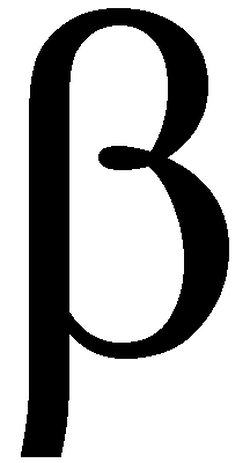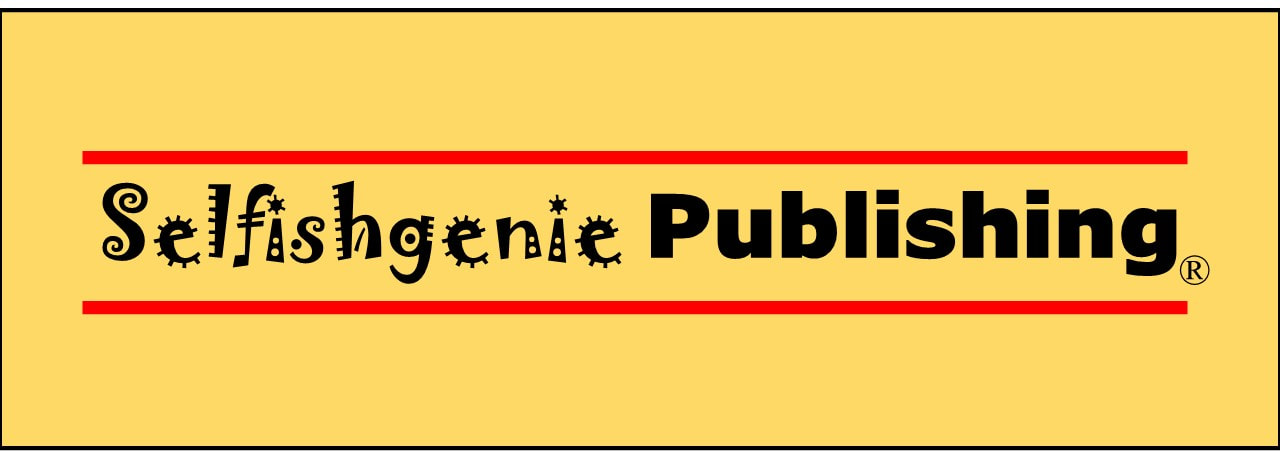Week 1 - the start of the journey OK, you’ve spent weeks, months, or even years writing your book and now you’re ready to get it published. That’s great, but however hard you have worked in writing your book, publishing is going to be even harder work. At least, it is if you want to actually sell some copies of your book. That is what this weekly blog is all about. What to do and what not to do to get your book published – and then getting it to sell.. This blog will also cover self-publishing because, despite everything said against it, you can be a successful self-published author. But that’s a discussion for the future. It is a sad fact of life that no matter how good your book, you may not be able to find a big (or even medium) name publisher. There are hundreds of thousands of authors working right now and only a handful will ever end up with a publishing contract. So, if you can't get a publisher, self-publishing is about the only route you have left to you if you want your book to be read. And if you are self-publishing, you are going to have to know how to market your book because, believe it or not, no one is going to stumble across it by accident, which is probably why the Stumbleupon webiste closed down. From Week 4 onwards we are going to be focused mainly on marketing your book, so stick with us, or maybe sign-up for our Newsletter so you don't miss a single issue of this blog. First, Week 1, Lesson 1. NEVER PART WITH MONEY. As with all industries, there are a lot of sharks out there just waiting to pray on the unwary, the innocent and the naïve. Don’t let that be you. If anyone is asking you for money to publish your book, run away. Run away as fast as you can. This includes paying a “deposit to cover our work”. There will be times when you do have to pay for certain services and I’ll cover them at the relevant points, but for the moment be suspicious of anyone who asks you for money, especially if all you know about them is their website URL and e-mail address. If all you know about them is their Twitter username, be even more suspicious. Reputable publishers don’t take money up front. They take a risk that your work is going to earn them an income when it is published. You trust them to do a good job with your book and they take a risk that your book is going to sell. This is why it is so hard to get a publishing deal. Publishers are taking a risk on you, but they don’t want it to be too big a risk, so they look for the sure-fire successes. Nowadays they don’t have teams of people reading submissions for them, they rely on literary agents to offer them the best books. That means you actually have two hurdles to get over – finding an agent that will represent you and then the agent finding a publisher who will put the book out. But if you can get an agent, you are a long way down the road towards success because agents are really only interested in potential best-sellers. There are smaller publishers (like us) who accept submissions direct from authors but, of course, a small publisher has less money to spend on marketing your work, so your sales volumes are likely to reflect that. But we’ll get onto the pros and cons of using small publishers another week.  But now to the main topic for this week’s blog. How do you know if your book is good enough to be published? You may think you have written 100,000 words of literary perfection, but readers may think it is 100,000 words of dog excrement. To find out which it is, you need to get an unbiased view of how good your book is before you start sending it off to agents and/or publishers. You're only going to get one shot, so it has to be your best shot. There may be things about your book that you can fix quite easily and there may be things that need major re-writes. As a publisher we see a lot of manuscripts (MSs) and a lot of them leave us scratching our heads and wondering how anyone thought that what they had submitted was fit to be put in front of the reading public. They aren’t necessarily bad in terms of their plot and characters, but to be readable they need a whole lot of work. It is the main reason that so many authors get rejection emails/letters (sometimes they don’t hear anything back at all). So, you really have to be sure that your book is as close to being ready for publication as is humanly possible. A publisher’s editor will help you to polish your book, but they won’t re-write it for you. The editor will provide you with the polish and the duster, but you have to do the work. So you may as well knuckle down and get the work done upfront. Friends and family are unreliable sources of feedback when it comes to assessing how good your work is. They love you (probably) and they don’t want to hurt your feelings (also probably). So, their feedback may be less than totally honest. This is especially true of spouses/partners, who would rather not get into a row with you about whether or not your book is good, why it isn’t and how his/her mother warned him/her not to marry you (those sorts of rows tend to escalate). What you need is beta readers. These are members of the public (alpha readers would be friends and family) who will give you feedback in return for a free copy of your book. How do you find beta readers? On social media.  This is where Twitter and Facebook can be useful. Put out a post asking for beta readers and make up a shortlist from the replies (5 or 6 is usually enough but more is OK). Make sure you specify your genre. There’s no point in getting beta readers who mainly read thrillers if your book is a period romance. When you send the copy of your book, you need to:
When you get the answers, make sure you understand them (check back with the reader if you don’t) and then act on them. This is most important. There is little point in asking for feedback if you are going to ignore it. I have been a beta reader and fed back to an author and they totally ignored what I had to say. I don’t mean they didn’t accept my comments on what was wrong with the book; I mean they didn’t even correct the typos that I pointed out. This means allowing time in your publishing schedule to review and act on the feedback. So, if you are going to self-publish on a specific date, there’s no point in giving a “respond by” date for the day of publication. Plan for there being major changes needed and you won’t leave yourself short of time before publication. Certainly, don’t start “querying”* the book until you have made the necessary changes. After all, the whole object of the exercise is to improve your book, so it is more likely to be accepted when you do start querying. Finally, don’t get defensive. The beta reader is trying to help you. You may not like what they have fed back to you, but you asked for their opinion and they have given it. It’s not their fault if you wrote a book that they didn’t like. Take the feedback seriously. If you don’t like what was said – don’t get into an argument. Just thank the beta reader for their input (do that anyway, it’s good manners). If you don’t agree with the feedback that a beta reader has given you, then you don’t have to do anything. But if more than one beta reader has said the same, or at least similar, things then it is well worth taking some time to reflect on what has been said. If one person says something it might be discounted as “opinion” but if two people are saying the same, it may mean that changes need to be made. If three people are saying it – you have a problem and it needs fixing. Finally, if you have made changes, you should go back to the beta a reader that suggested them to see if they think you have made an improvement. There’s no need to send the whole book, just the relevant passages. There are people who provide a "paid for" beta reading service. One of our authors used one for one of his books and the feedback he got was very valuable. But check what they are offering (are they actually beta readers or are they “proof readers”**) and check to see what sort of reputation they have. Reputable providers will be only too glad to tell you which authors they’ve helped and you can check with the authors themselves by using their social media to contact them. You probably got into writing because you are also a reader – so why not be a beta reader yourself? Your opinion is as valid as anyone’s and it’s a great way to get free books and to discover new authors. It’s also good for your karma (if you believe in karma) to help others. You could start by being a beta reader for one of our authors. Their contact details can be found alongside their author profiles by clicking here. That’s it for this week. Next week we’ll be looking at how to find an agent or publisher. * Querying – the technical term used for approaching an agent or publisher. ** A proof reader is someone who checks the spelling and grammar in your work and looks for typos. They don’t provide any feedback on the quality of the writing. Now for the hard sell (well, maybe not so hard). You can find out all about the books we publish by clicking the button below. To make sure you don't miss any of the blogs in this series, sign up for our newsletter here.
0 Comments
Leave a Reply. |
AuthorThis blog is compiled and curated by the Selfishgenie publishing team. Archives
June 2025
|
||||||


 RSS Feed
RSS Feed